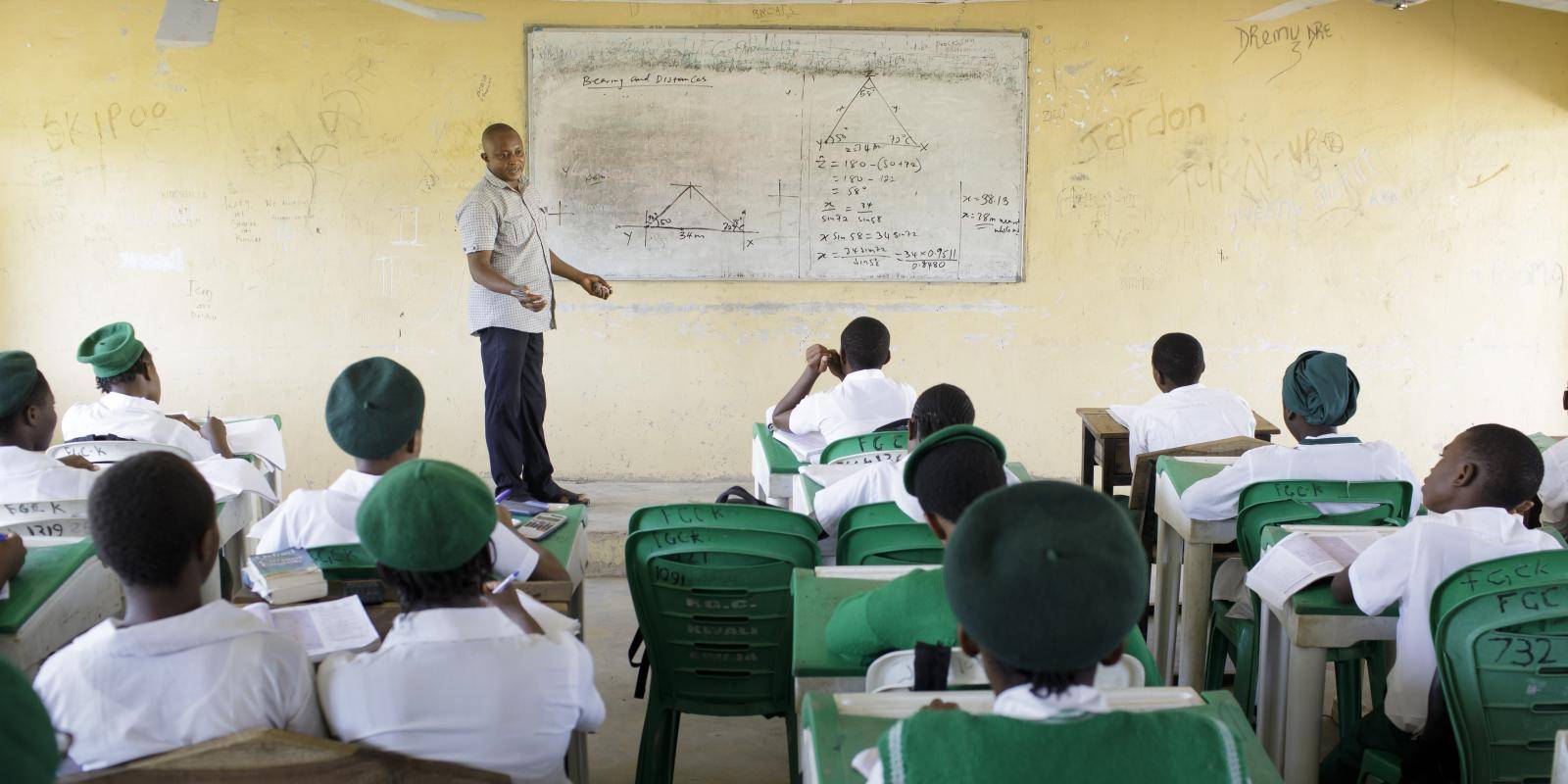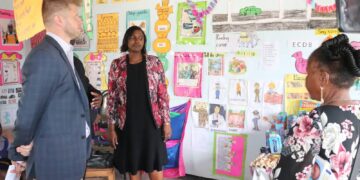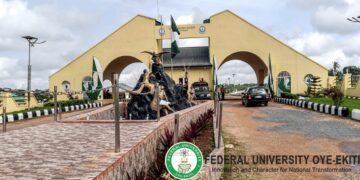
The educational curriculum in Nigeria predates the country itself as it was introduced by British colonists years before Independence. However, despite its longevity, the curriculum has remained largely stagnant, lacking essential elements such as innovation, adaptability, problem-solving, and development. What is concerning is the reluctance of Nigerian educational regulatory bodies, including the West African Examination Council (WAEC), National Examination Council (NECO), National Universities Commission (NUC), and Joint Admissions and Matriculation Board (JAMB), to distance themselves from these outdated curriculums. This rigidity stifles the growth of students because it fails to equip them with the skills needed in today’s rapidly evolving world.
More developed countries have recognized the importance of updating their educational frameworks with relevant and practical content which produces creative and solution-based thinking graduates. Yet, in Nigeria, there remains an overemphasis on academic credentials rather than practical skills and innovation. The archaic curriculum is futile and offers little to no preparation for the challenges of the future. It is time for Nigeria to prioritize educational reform and embrace modernization.
Nigeria’s journey towards development has often been hindered by a lack of investment in human capital, particularly evident in the realm of education. The challenges facing Nigeria’s educational system are multifaceted, ranging from outdated curricula to inadequately trained educators. The need for a curriculum that not only prepares students for the demands of the modern world but also fosters critical thinking and practical skills is paramount.
These curricula fail to equip students with the skills needed to thrive in today’s knowledge-driven economy, which prioritizes practical application over theoretical knowledge. Moreover, the adherence to old educational standards stifles innovation and inhibits the development of future leaders who are capable of thinking creatively and solving complex problems.
The consequence of this outdated curriculum is starkly evident in the employability of Nigerian graduates. Despite obtaining degrees, many graduates find themselves ill-prepared for the demands of the job market, leading to a mismatch between their skills and the requirements of employers. This mismatch underscores the urgent need for educational reform that aligns with the needs of the workforce and prepares students for meaningful employment opportunities.
Renowned Nigerian educationist, Tai Solarin, once remarked that Nigerian graduates often possess a sense of entitlement without the practical skills necessary for employment. This sentiment resonates with the experiences of many Nigerian youth who find themselves ill-equipped for the realities of the job market despite their academic credentials. Addressing this gap requires a fundamental shift in the way education is approached, prioritizing practical skills and real-world application over memorization and regurgitation of information.
To address these challenges, Nigeria must undertake a comprehensive review of its educational system, focusing on three key areas: funding, teacher training, and curriculum content. By ensuring adequate funding for schools, providing high-quality training for educators, and modernizing curriculum content to reflect real-world challenges and opportunities, Nigeria can lay the foundation for a more prosperous society.
Furthermore, Nigeria must benchmark its educational standards against those of advanced countries and incorporate emerging trends such as artificial intelligence and robotics into its curriculum. This forward-thinking approach will not only enhance the quality of education but also ensure that Nigerian graduates are competitive in the global marketplace.
Education goes beyond just classrooms; it includes workshops where students learn practical skills. These workshops help students learn new things, think creatively, and discover what they’re good at. By learning vocational skills alongside regular studies, students become more independent and ready to face challenges. These workshops also help society by creating a skilled workforce that can boost the economy. In short, education should involve more than just books—it should help students grow and succeed in the real world.
Ultimately, education is the cornerstone of national development, and Nigeria must prioritize educational reform to unlock its full potential. By investing in a quality curriculum that emphasizes practical skills and critical thinking, Nigeria can empower its citizens to lead meaningful and fulfilling lives while contributing to the country’s overall prosperity and competitiveness on the world stage.
It is also important for Nigerian citizens and the government to understand the value of education and how it can contribute to nation-building and national development. The most innovative and prosperous countries have one thing in common, educated citizens.

















































































 EduTimes Africa, a product of Education Times Africa, is a magazine publication that aims to lend its support to close the yawning gap in Africa's educational development.
EduTimes Africa, a product of Education Times Africa, is a magazine publication that aims to lend its support to close the yawning gap in Africa's educational development.